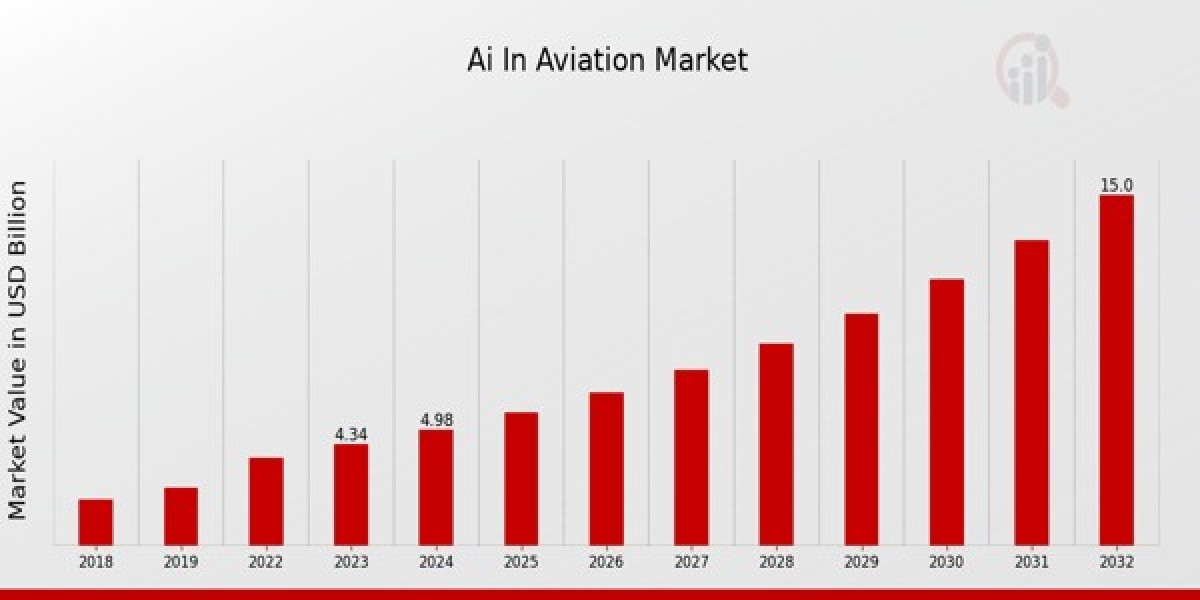Artificial Intelligence (AI) is no longer a futuristic concept—it's a present-day game-changer in aviation. From optimizing flight operations to enhancing passenger experience, AI is being rapidly adopted across the aviation ecosystem. As airlines and airports strive for greater efficiency and competitiveness, here are the key AI innovations reshaping the skies.
1. Predictive Maintenance
One of the most impactful uses of AI in aviation is predictive maintenance. Instead of relying on routine checks or responding to failures, airlines can now use AI-powered systems to monitor aircraft components in real time. These systems analyze data from sensors to predict when a part is likely to fail, allowing airlines to perform maintenance proactively. This reduces downtime, cuts costs, and enhances safety.
2. AI-Powered Air Traffic Control
AI is also streamlining air traffic management. AI-driven systems can analyze massive datasets to optimize flight paths, reduce congestion, and enhance safety. Machine learning models help controllers make faster, data-backed decisions, especially in high-traffic scenarios or during emergencies.
3. Personalized Passenger Experience
AI is elevating customer service in aviation. Chatbots and virtual assistants are helping passengers with booking, check-ins, and real-time flight updates. AI also enables personalization of services based on travel history, preferences, and behavior—leading to a more satisfying journey from booking to arrival.
4. Baggage Handling and Security
AI systems are improving baggage handling accuracy and reducing lost luggage incidents. At the same time, AI-powered facial recognition and biometric systems are making security checks faster and more secure, improving both efficiency and passenger satisfaction.
5. Crew Management and Scheduling
Efficient crew scheduling is crucial for smooth operations. AI algorithms help manage rosters, optimize duty hours, and ensure compliance with regulations. This not only improves productivity but also supports better work-life balance for airline staff.
6. Environmental Optimization
With sustainability becoming a priority, AI is being used to reduce fuel consumption and carbon emissions. By analyzing flight data and weather conditions, AI systems suggest more efficient routes and altitudes, minimizing environmental impact.
The Market Outlook
The growing adoption of AI in aviation isn't just anecdotal—it's backed by solid market research. According to this detailed report on AI in Aviation Market, the global market is expected to experience significant growth in the coming years. The report highlights trends, key players, and innovations driving this transformation, making it an essential read for anyone interested in the future of aviation technology.
AI is not just enhancing how airlines operate; it's redefining the entire aviation value chain—from ground operations to in-flight experience. As this technology evolves, its integration into aviation will only deepen, paving the way for a smarter, safer, and more sustainable future in air travel.







